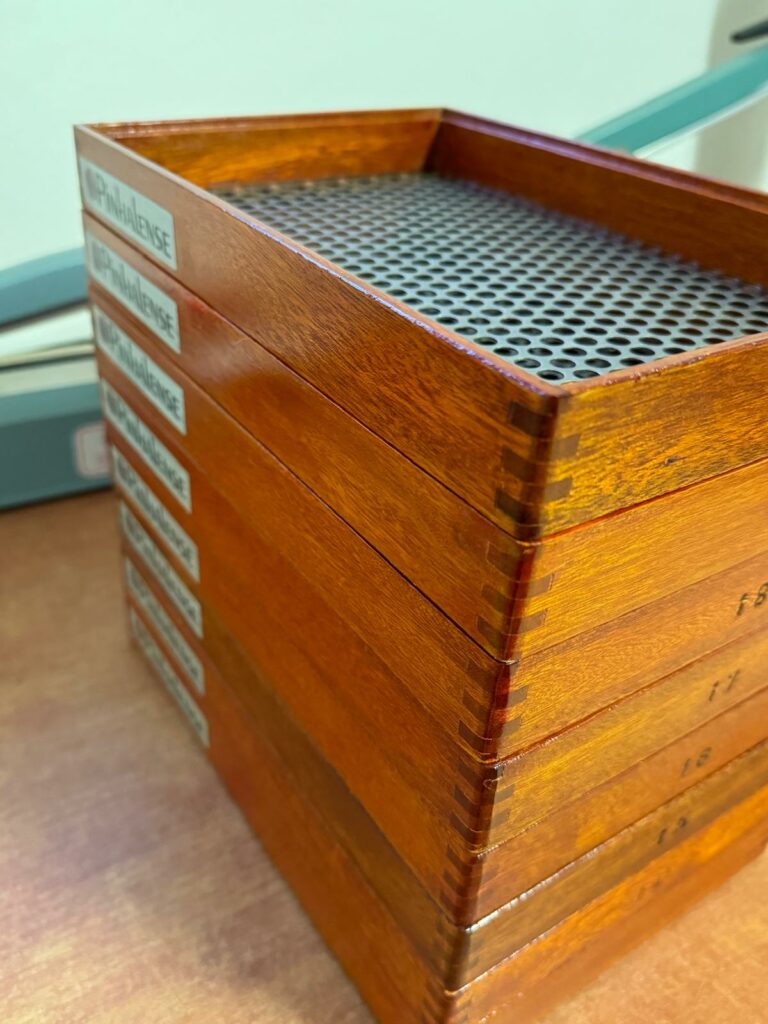Cerrado Mineiro
Coffee from Cerrado Mineiro has intense flowering time and uniform ripening as a result of perfect climatic conditions.
Climatic characteristics are generally hot, humid summers and mild to dry winters. Ideal temperature range for the growth of Arabica varieties.
The Cerrado Mineiro region is in the northwest of the State of Minas Gerais. All the towns are located at altitudes above 800 m. The history of coffee in the Cerrado Mineiro Region dates to a time when producers in traditional coffee regions had to seek new locations outside the area of frost incidence in the past.
Authentic Cerrado Mineiro coffee has intense aromas ranging from caramel to nuts, with delicately citrusy acidity and a long-lasting chocolate flavor.
Caparaó
The region is compounded of 10 municipalities in the State of Espirito Santo and six in the State of Minas Gerais.
There are plenty of small producers in this region with a passion for new experiments on different types of processing coffees, who often win prizes at contests and competitions of specialty coffees.
Alta Mogiana
Alta Mogiana region has been associated with coffee for over 100 years. The increase in the population of immigrants, mainly Italians, was accompanied by an explosion in coffee production. Since then, the region has always been a center of quality coffee.
Alta Mogiana is located in the north of the State of São Paulo. A plateau with mountains ranging in altitude from 900 to 1 000 meters, this is a traditional region for coffee plantations, with average monthly temperatures of 21 ºC in summer and 17 ºC in winter.
The climatic characteristics are favorable to the slow and uniform ripening of the beans.
Mantiqueira de Minas
This region is in the state of Minas Gerais. It has a terroir favorable to the production of specialty coffee, due to altitudes between 900 and 1 500 meters, the climate, and very fertile soil. There are 25 municipalities, and 8,095 producers, of which 82% are small, 57,000 cultivated hectares, produce 1,370,000 bags (60 kg) every year.



